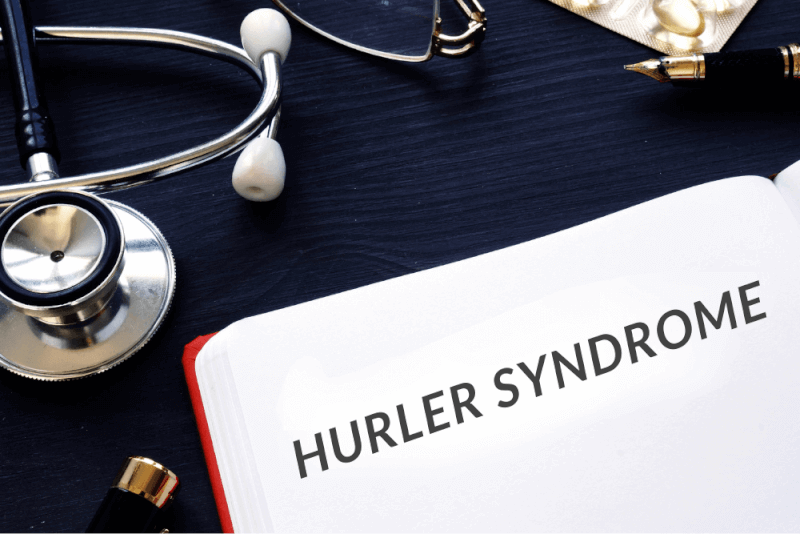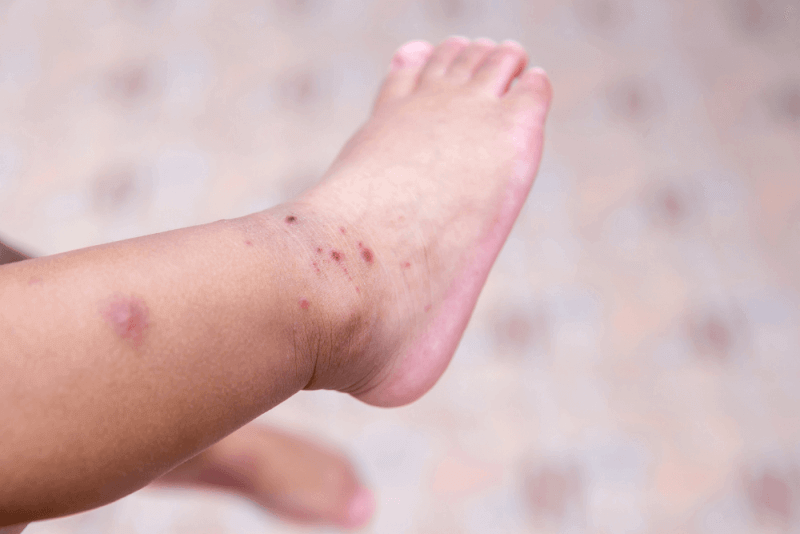What is Hurler Syndrome?
Hurler syndrome is the most severe form of mucopolysaccharidosis type 1, a hereditary lysosomal storage disorder. It is an autosomal recessive condition. Also known as MPS1, Hurler syndrome occurs when the body does not have enough enzymes to break down sugar molecules. This condition leads to skeletal and joint abnormalities, distinct facial features, cognitive development issues, heart and lung problems, and enlargement of the liver and spleen.
The symptoms of Hurler syndrome are due to the accumulation of toxic molecules in the cells. In this condition, cells either die quickly or do not function properly. The life expectancy of children diagnosed with Hurler syndrome is lower than that of the general population due to life-threatening symptoms.
Diagnosis Criteria for Hurler Syndrome
Hurler syndrome can be diagnosed before birth through screening tests such as amniocentesis or chorionic villus sampling. Both tests examine the baby's DNA for any genetic abnormalities.
After birth, Hurler syndrome is identified by looking for physical signs of the condition and confirming the diagnosis through enzyme activity analysis. Given the hereditary nature of the disease, the presence of other family members with this diagnosis will also be investigated. Additional tests, such as bone X-rays, echocardiograms, and blood and urine tests, may be requested to confirm the diagnosis.
Symptoms of Hurler Syndrome
The symptoms of Hurler syndrome vary depending on the severity of the disease. Symptoms begin in early childhood and continue through adolescence. The characteristic feature that distinguishes Hurler syndrome from other types of MPS 1 is the developmental delays and progressive decline in learning and information retention during early childhood. In mild cases of MPS 1, the child's intelligence is not affected.
Symptoms of Hurler syndrome may include:
- Heart valve issues
- Hearing loss
- Accumulation of cerebrospinal fluid around the brain
- Enlarged connective tissues, tonsils, muscles, heart, liver, and spleen
- Vision problems
- Joint issues
- Respiratory infections
- Sleep apnea
- Difficulty breathing
- Hernias
Physical Characteristics of Children with Hurler Syndrome
The physical signs of Hurler syndrome begin to appear in the early years of childhood. These characteristics include:
- Short stature
- Improper bone formation
- Rounded curvature of the upper back
- Excessive hair growth
Causes of Hurler Syndrome
Hurler syndrome is caused by a mutation in the IDUA gene. This gene is responsible for producing lysosomal enzymes that break down waste within the cells. When the gene cannot produce enough enzyme, toxic waste accumulates in the cells, leading to cell death or malfunction. When the cells cannot dispose of waste, the symptoms of Hurler syndrome appear.
Treatment Methods for Hurler Syndrome
The treatment of Hurler syndrome focuses on managing and preventing the symptoms of the disease.
Enzyme Replacement Therapy
In this treatment, known as ERT, damaged enzymes are replaced to prevent the worsening of symptoms and have the potential to reverse complications. Regular administration of alpha-L-iduronidase injections is planned as soon as the patient is diagnosed. The frequency of injections depends on the severity of the diagnosis and is a lifelong treatment option.
Hematopoietic Stem Cell Transplantation
Also known as HSCT, this treatment is suitable for children diagnosed with Hurler syndrome who are under two years of age. In severe cases, it can prolong life expectancy and prevent the progression of the disease while preserving cognitive function. It also helps reduce the symptoms affecting the body.
Other Treatment Options
Other treatment options for Hurler syndrome include:
- Repairing or replacing heart valves
- Corneal transplantation
- Repairing bone growth abnormalities
- Repairing hernias
- Physical, occupational, or speech therapy
- Supplemental oxygen using an oxygen machine
- Hearing aids
- Medication to reduce pain caused by symptoms







